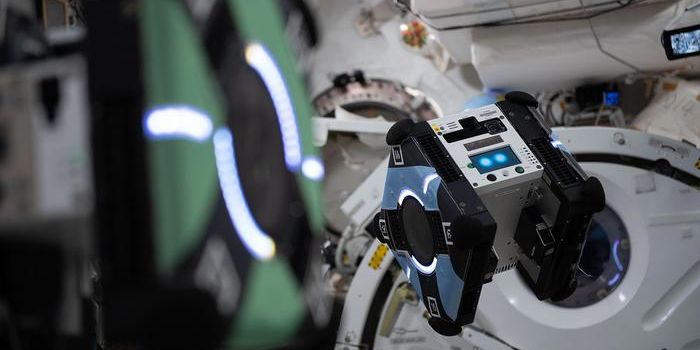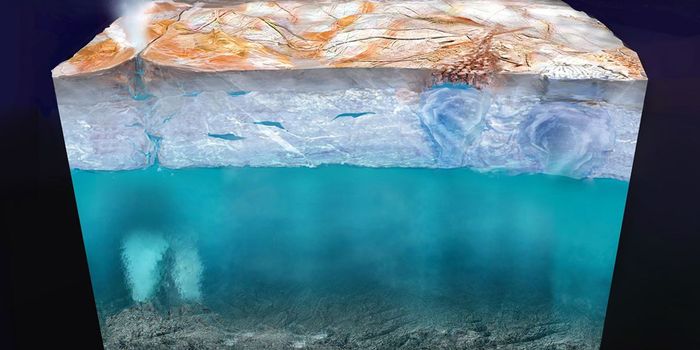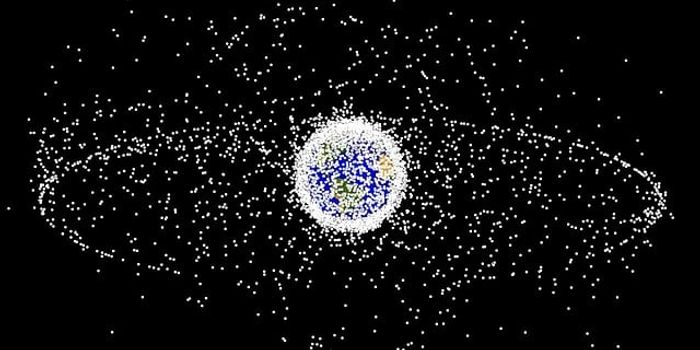Will TESS Provide New Insights Regarding Exoplanets?
The Kepler Space Telescope’s days are numbered due to limited fuel resources, but that won’t keep astronomers from continuing their search for distant exoplanets. An upcoming spacecraft known as the Transitioning Exoplanet Survey Satellite (TESS) aims to pick up where Kepler left off, and it’s set to launch very soon.
Image Credit: NASA
Equipped with four separate camera systems that support 24 by 24-degree fields of view, the MIT-built TESS will have all the observational power it needs to capture valuable data involving both gassy and terrestrial exoplanets.
Once astronomers get preliminary detection data from TESS, they’ll use other observational powerhouses, including the Hubble Space Telescope and the upcoming James Webb Space Telescope, to explore said worlds in greater detail.
"TESS is kind of like a scout," explained Natalia Guerrero, the deputy manager of an MIT-based focus dubbed ‘TESS Objects of Interest.’
"We're on this scenic tour of the whole sky, and in some ways, we have no idea what we will see. It's like we're making a treasure map: Here are all these cool things. Now, go after them."
Related: Exoplanets orbiting red dwarf stars are unlikely to support life
The TESS mission is poised to blast off from a launch pad at Florida’s Cape Canaveral Air Force Station on Monday, April 16th at 6:32 P.M. Eastern time. It’ll hitch a ride atop a SpaceX Falcon 9 rocket and then spend two years in space surveying almost the entire sky.
When TESS reaches space, it won’t commence scientific observations straightaway. Instead, the spacecraft will undergo a 60-day probationary period in which NASA engineers will test its onboard instruments to ensure proper operation.
Once TESS completes the testing phase, it will begin spying on distant star systems in an attempt to detect dips in starlight. Any blips could indicate the presence of an exoplanet, which astronomers will then attempt to learn more about.
It should be interesting to see how TESS will shape our knowledge about distant exoplanets. After all, scientists are itching to find yet another potentially-habitable world like Earth.
Source: Phys.org









